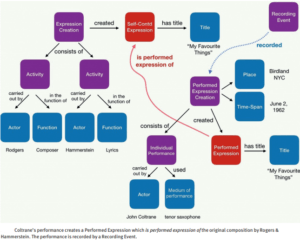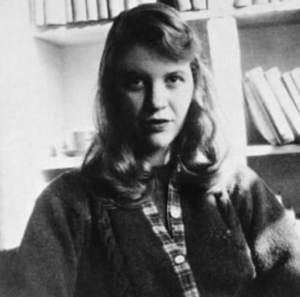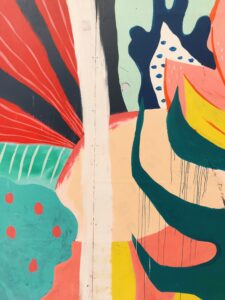— Sam Peacock, LINCS undergraduate research assistant — As an English student, I was always told to keep my writing concise. Doing so was often easy because I could assume that the person reading my work would be an English scholar, so their expectations of my writing and the knowledge they brought to it would […]
— Hannah Stewart, LINCS undergraduate research assistant — Over the past two years I’ve had chances to work on many aspects of the Orlando Project, but the work that I’ve consistently found the most engaging has been researching and writing author profiles. Orlando’s profiles are collaboratively authored scholarly histories, which are structured by a custom XML tagset, and which […]
— Jakob McLellan, LINCS undergraduate research assistant — The Digital Humanities (DH) was not something I had a lot of experience with before starting as a LINCS undergraduate research assistant. My work with LINCS pertains to the Early Modern London project, working alongside the Map of Early Modern London (MoEML) team. Part of my job is what LINCS refers […]
— Kate LeBere, LINCS vocabularies and documentation co-op — If each part of a ship were replaced over time, when, if ever, does it become a new ship? Little did Heraclitus, Plato, and others know that the problems posed by the “Ship of Theseus” paradox would continue to vex digital humanists in the twenty-first century. […]
How working for a DH project has broadened my academic interests and comfort zone — Hannah Stewart, LINCS undergraduate research assistant — I joined the LINCS Project as an undergraduate research assistant, mainly to work on the Orlando Project. This position gave me my first real experience with Digital Humanities (DH). Before starting the job I could barely […]
— Sam Peacock, LINCS undergraduate research assistant — When I began working with ontologies at the LINCS project this summer, my colleagues and I quickly found ourselves asking exasperating questions like “How do you explain the visual concepts present in an artwork to a database?” Even more broad (and maybe ultimately unanswerable) questions like “what is […]
— Gracy Go, undergraduate research assistant — History has always been something I’ve been passionate about, and as an undergraduate student approaching graduation, I’ve become more eager to find ways to preserve primary sources. From my experience, having access to primary sources makes the researching process a lot easier, and these sources would not exist […]
— Sarah Mousseau, LINCS undergraduate research assistant — In the summer of 2020, I was hired as a research assistant with the University of Guelph’s Bachinski/Chu Print Study Collection. Initially, my job entailed the care and maintenance of the objects in the collection with a few other tasks as assigned. Of course, the arrival of the […]
The core of the Linked Infrastructure for Networked Cultural Scholarship project is the simple proposition that making Linked Open Data out of the stuff scholars use to understand and analyze culture will make a difference. LINCS hopes to make a difference to how we can make sense of the human past and present. It aims […]









